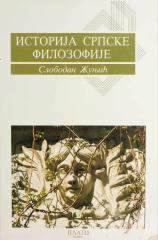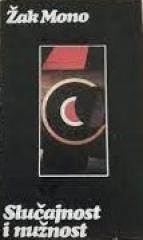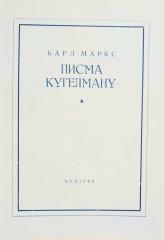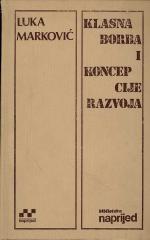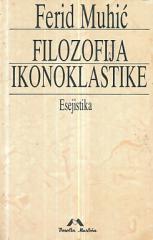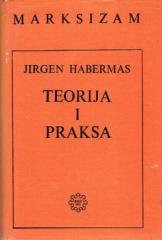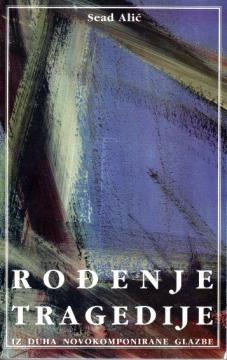
Rođenje tragedije iz duha novokomponirane glazbe
"A slightly more educated reader will already know that this book refers to a paradigm that is much more famous. Namely, it is Nietzsche's booklet "The Birth of Tragedy from the Spirit of Music", a booklet that was met with very harsh and negative critici
And what should that mean... that Nietzsche can be reshaped, adapted to some new tragedy, that is, some new music. You should speculate too much about Nietzsche himself and about the philosophical starting points of Sead Alić for us to fully understand it. I prefer to simplify it like this: Alić is an absolutely philosophically and culturally educated writer and one could say that he belongs to that school of our new young philosophers who dare to enter the discussion of modernity with their entire mature philosophical apparatus, which our generations of professors have long refused to do. They did not dare to get involved in the living tissue of electronics, media, manipulation of the digital world – in general, the new reality. There is one, I will not say school, but a whole series of younger authors of that style: Boris Buden, Žarko Pajić, Kiril Miladinov and a few others, to whom Alić also joins with his philosophemes, because absolutely one philosopheme, or rather one assertion – the birth of tragedy from the spirit of newly composed music – which sounds very witty but is insufficiently appropriate, namely, it can be stated that not a single text, not a single essay in this book fully explicates that assertion. We have to come up with, to think of how to understand the so-called sitagma from Alić's very witty, original, well-argued and philosophically complicated theses. As it seems to me that he did not fully show the content of his title, I am still satisfied with this type of writing. Namely, it is a matter of audacity for a person to even identify with some philosophies. It is almost astonishing to say that today, at the end of the 20th century, a certain Sead Alić took as his model the great Neoplatonist Plotinus from the third century, the greatest philosopher and the last philosopher, the great philosopher of the Kerenist period, a philosopher who significantly shaped medieval theology, Christian mysticism and therefore has remained important to this day. Plotinus' philosophy of one is difficult to grasp and much greater philosophers have racked their brains over how to understand it, precisely because one is incomprehensible. "One is all" - says Plotinus. And that cannot be understood. It cannot even be spoken of or speculated about. And why do we do it? Because to show the way. Because beneath one as a universal concept that can also be God, there is spirit - Nous and only then the soul that created this real world. Well, it's astonishing, I say, to see today a young philosopher who agrees with such a philosophy, such an absolute monism as Plotinus', but at least he agrees with something, he deals with something, he at least provides some coordinates with which we can understand his philosophemes.
One copy is available
